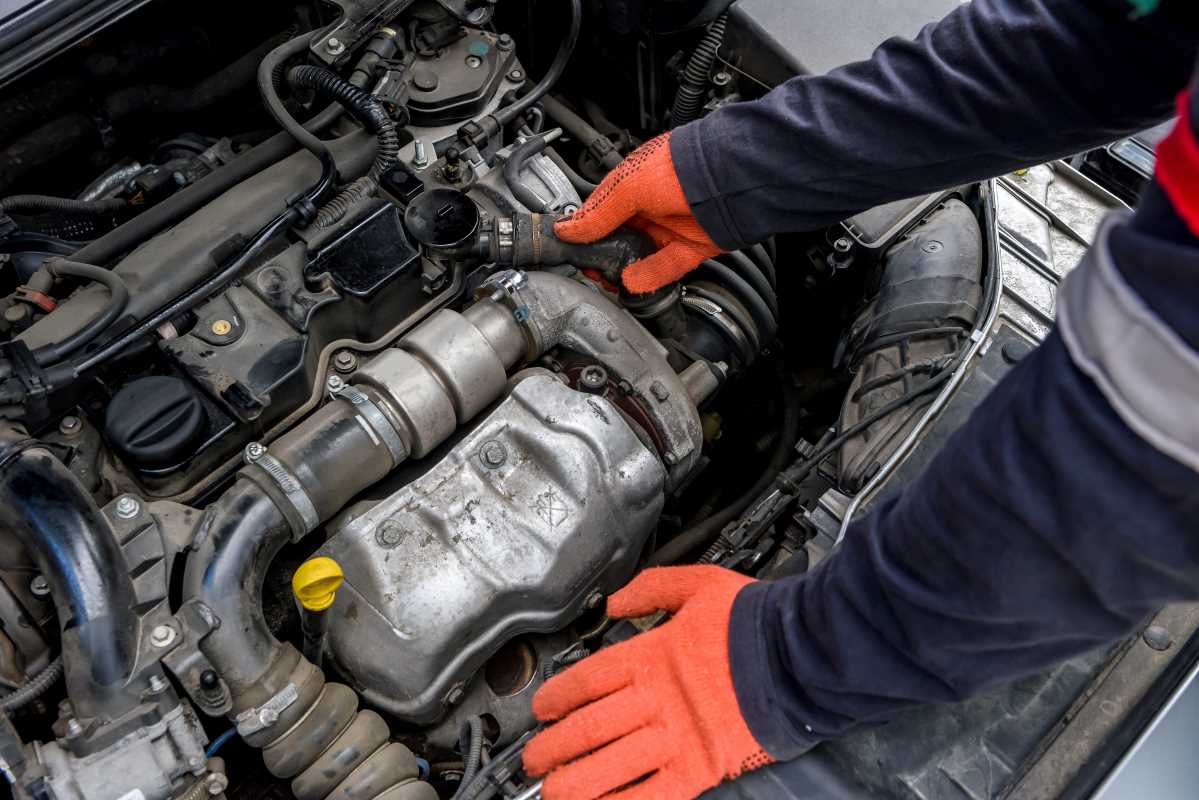When it comes to fueling up our vehicles, many of us are familiar with ethanol fuel, a popular alternative to traditional gasoline. But what exactly is ethanol fuel, and how does it affect engine performance? Let's dive into the topic to understand its impact better.
Ethanol Composition and Benefits
Ethanol fuel is primarily made from plant materials such as corn, sugarcane, or barley. One key benefit of ethanol is its renewable nature, making it a more sustainable option compared to fossil fuels. It is also known to burn cleaner, reducing greenhouse gas emissions and contributing to a healthier environment.
Effects on Engine Performance
While ethanol fuel has its advantages, it can also have some effects on engine performance. One significant impact is its lower energy content compared to gasoline, which may result in reduced fuel efficiency. Engines optimized for gasoline may experience a slight decrease in power when using ethanol fuel due to its different combustion properties.
Moisture Absorption and Corrosion
Another factor to consider is ethanol's ability to absorb moisture. When exposed to humid conditions or when stored for extended periods, ethanol can attract water, leading to potential issues like corrosion in the fuel system. This can negatively affect engine performance and longevity if not addressed promptly.
Engine Compatibility and Modifications
Using ethanol fuel in vehicles not designed for it can pose compatibility issues. Older vehicles or small engines may experience challenges with the fuel system components, requiring modifications or upgrades to prevent damage. It is crucial to consult with a professional mechanic or refer to the vehicle's manual to ensure compatibility with ethanol fuel.
Octane Rating and Performance
Ethanol fuel typically has a higher-octane rating compared to regular gasoline, which can benefit high-performance engines. The increased octane levels prevent engine knocking and allow for higher compression ratios, enhancing overall performance. Vehicles designed to capitalize on ethanol's higher-octane properties may experience improved engine efficiency and power output.
Ethanol Blends and Availability
Ethanol fuel is commonly found in blends such as E10 (10% ethanol, 90% gasoline) or E85 (85% ethanol, 15% gasoline). While E10 is widely available and compatible with most vehicles, E85 is more niche and requires flex-fuel vehicles specifically designed to accommodate higher ethanol concentrations. Understanding the ethanol blend suitable for your vehicle is essential for optimal engine performance.
Ethanol fuel offers a greener alternative to traditional gasoline, with benefits such as reduced emissions and cleaner burning. However, its impact on engine performance varies depending on factors like energy content, moisture absorption, and compatibility with vehicle systems. By considering these aspects and making informed decisions, drivers can maximize the advantages of ethanol fuel while ensuring their engines perform at their best.

.jpg)





